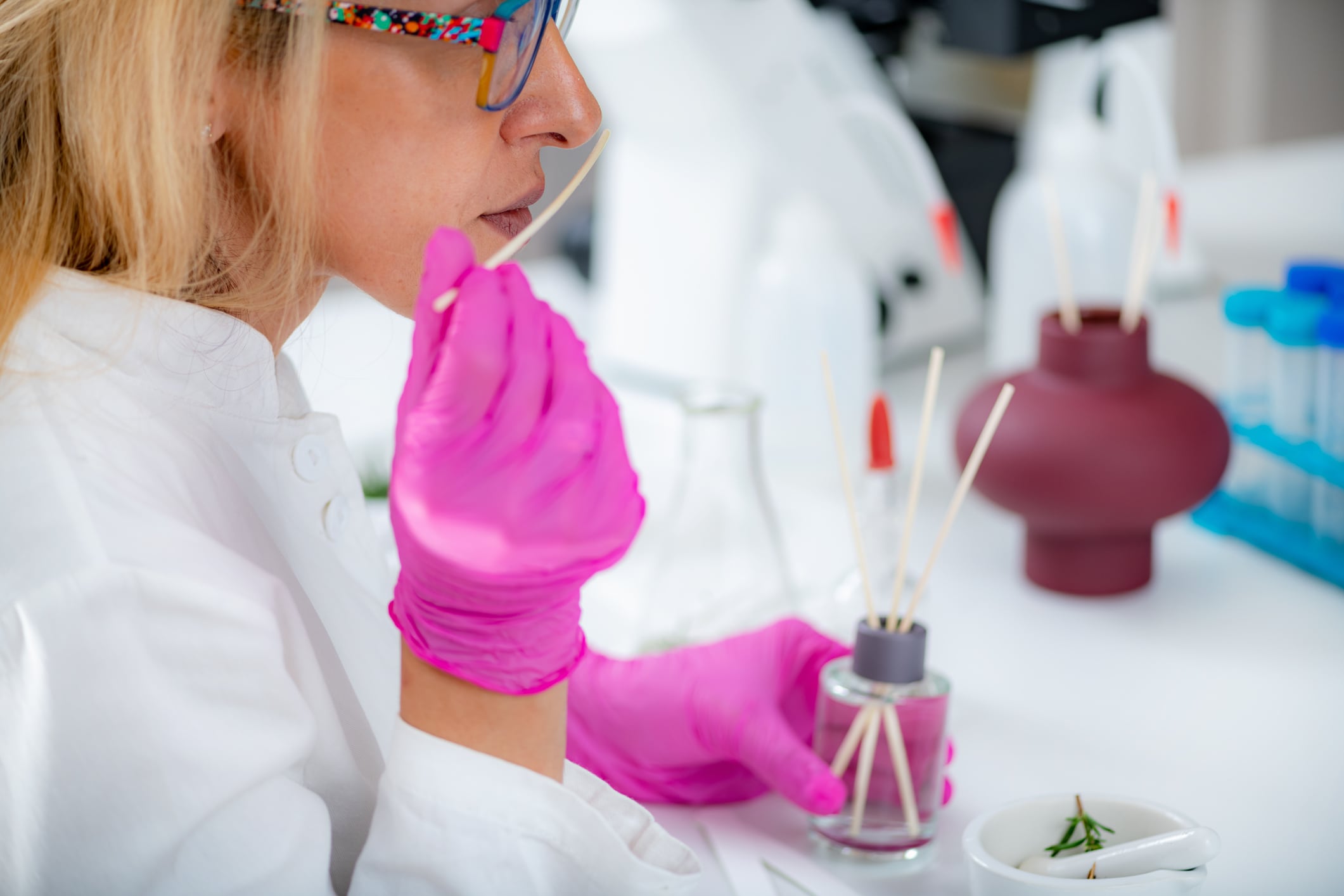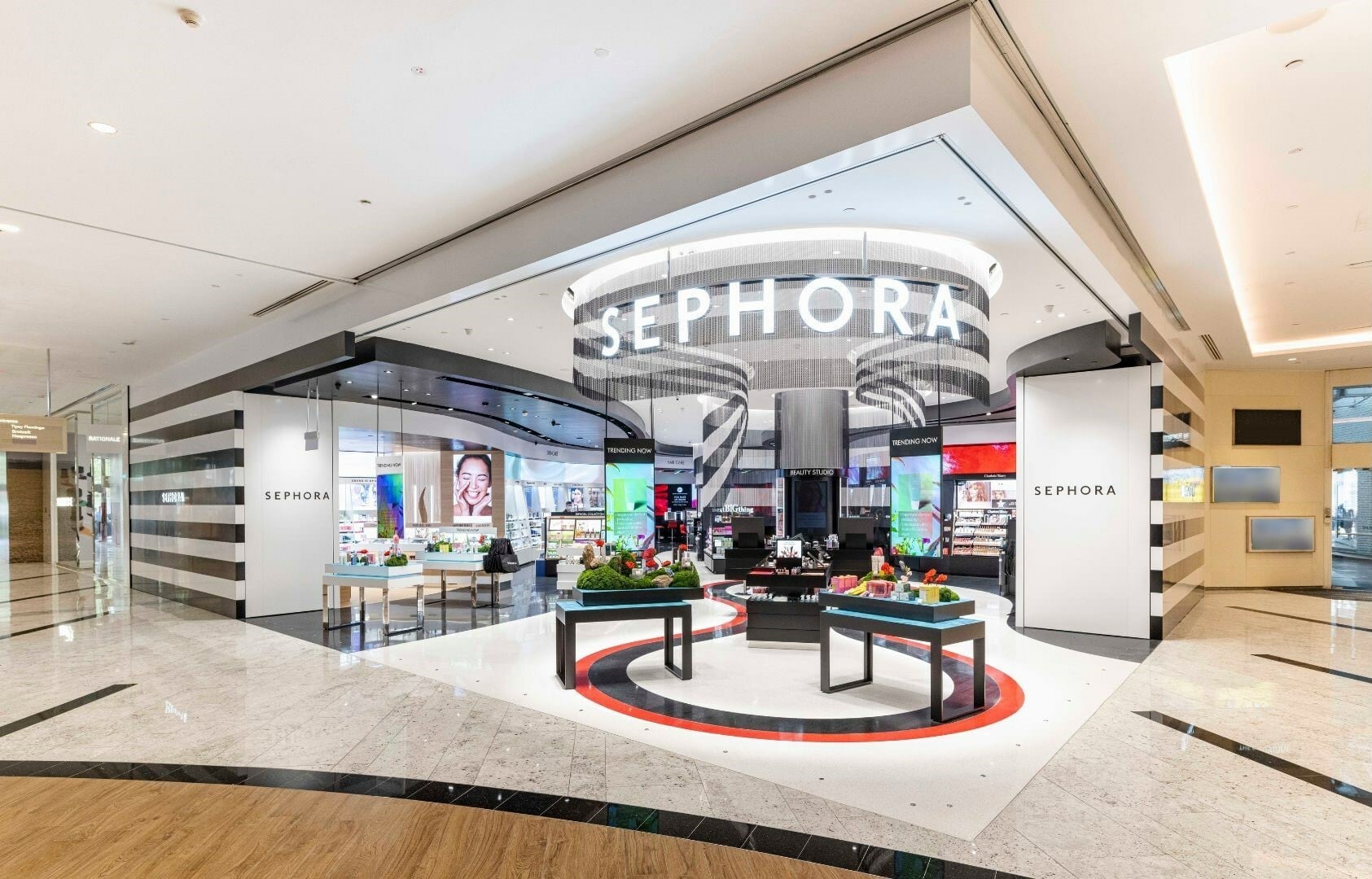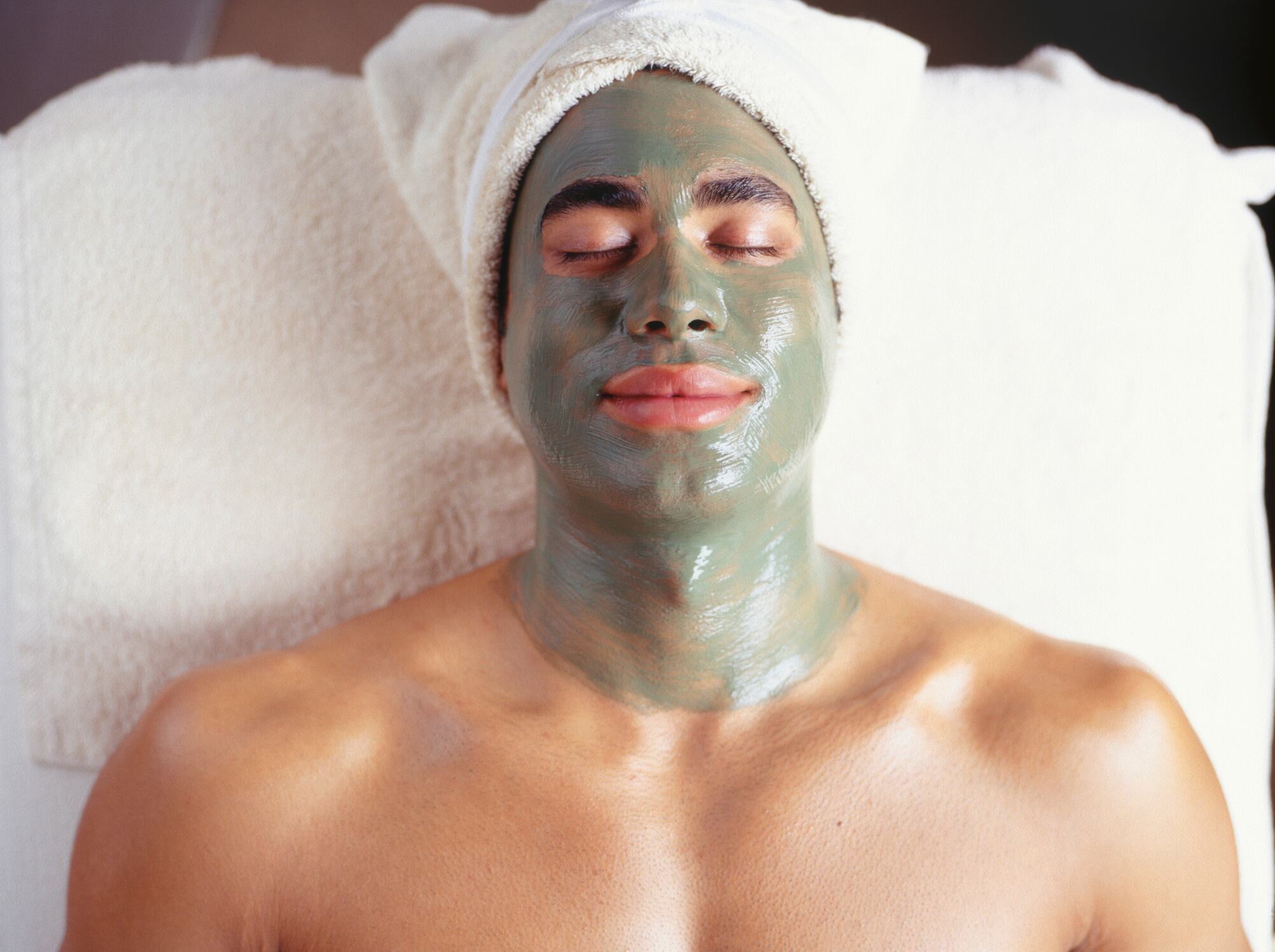The active role of AI in crafting the most alluring fragrances could indicate that a personal preference for woody or floral notes may become secondary when it comes to choosing how we would like to smell.
The timing is especially beneficial for scent developers. With the global fragrance market increasingly crowded and competitive, yet also lucrative and predicted to grow to $69.25bn (€64.2bn) by 2030, AI offers fragrance brands an innovative way to meet NPD requirements.
“The beauty sector is already deemed to be personal, but now brands are leveraging AI to meet consumers’ increasingly idiosyncratic needs and desires, while driving for internal efficiency and efficacy,” comments deputy creative foresight analyst at The Future Laboratory, Olivia Houghton.
“In fragrance, businesses are currently exploring how data, online searches and conversation relating to public moods could help to foster faster innovation in fragrance development,” she continued.
The trend for EQ-commerce
In September 2023, the multinational beauty and personal care company Procter & Gamble (P&G) enlisted Moodify White, an AI-based fragrance design software solution, to work with its fragrance development team to enhance product development, design and speed to market.
Chief R&D and innovation officer for flavour & fragrances at P&G, Jerry Porter, said the decision was: “a significant step in our digital transformation agenda that emphasises the use of digital tools to improve the use of fragrance in products.”
AI technology can help perfumers overcome current sustainability and financial restrictions. It can also obtain vital customer feedback data to help address the challenges that come from marketing a product that’s considered to be highly subjective.
“This trend for EQ-commerce, is something that Givaudan is also experimenting with, for its DigiPulse tool that analyses social commentary around fragrance notes, packaging and advertising and uses AI to shape new fragrances,” said Houghton.
The Swiss fragrance and flavours house has also launched Carto, a device that almost instantly creates a perfume from AI-generated research. The speed of this tool allows developers to experiment with formulas more easily and effectively. Givaudan also hopes to integrate consumer insights into Carto to help further refine the outcomes.
“In the future, fragrances won’t necessarily be developed by researching mass markets or consumers’ individual commentary and feedback, but instead will involve digging deeper into their mind,” shared Houghton.
She also highlighted that the beauty technology company Perfect Corp is already experimenting with using artificial intelligence to understand personality traits in relation to beauty products.
“It measures users’ levels of extroversion, conscientiousness, openness, agreeability, and neuroticism (considered the big five personality traits in psychology) by categorising their facial features,” she explained.
Personalisation and neuroscents
Getting even more personal, AI technology is also being utilised to help customers create their own bespoke scents and can include ‘neuroscents’: ingredients known to trigger emotional responses or even therapeutic benefits.
“Estée Lauder is now trialling how AI can personalise fragrance recommendations based on a person’s neurological reactions. Its pilot fragrance recommendation engine uses facial recognition to determine how the brain reacts to different scents,” continued Houghton.
“Some scents trigger the same neurological reaction, making a person most likely to like them, despite the fact that they smell different.”
And the olfactory sense may not be the only sense targeted by future perfumers.
“Scent has long been associated with romance, nostalgia, and longing, but modern-day perfumers understand that the future of the fragrance industry hinges on the creation of multi-sensory experiences capable of eliciting emotional responses in uncharted ways,” said Houghton.
She highlighted that Bleu Nour – founded by Paris-based Nour Ibrahim – is revolutionising perfume by turning colours into scents. “Inspired by her own synaesthesia, the brand wants to overcome the sensory challenges posed by Covid-19, particularly anosmia, by creating a kit that can enhance scent memory,” explained Houghton.
DNA sequencing to recreate the scents of extinct flowers
Meanwhile, another scent brand, Future Society, is turning to science and DNA sequencing to recreate the scents of extinct flowers. Its Invisible Woods fragrance is from a flower native to the western mountains in India that became extinct in 1917 due to drought.
Houghton predicted that AI technology could help fragrance achieve further growth within the self-care and wellness industries.
“Scents no longer live under the dominion of celebrity ventures and duty-free aisles. They must be personal, bespoke and, of course, sustainably produced,” she said.
However, she also believed that the real growth opportunity within the fragrance industry lies in the role it can play in self-care and wellness routines.
“Fragrance has a growing role in making us feel better, sleep better with more holistic care. Fragrances will soon be able to mimic the DNA of individual consumers and when used the scents will align with their emotional states,” she concluded.




